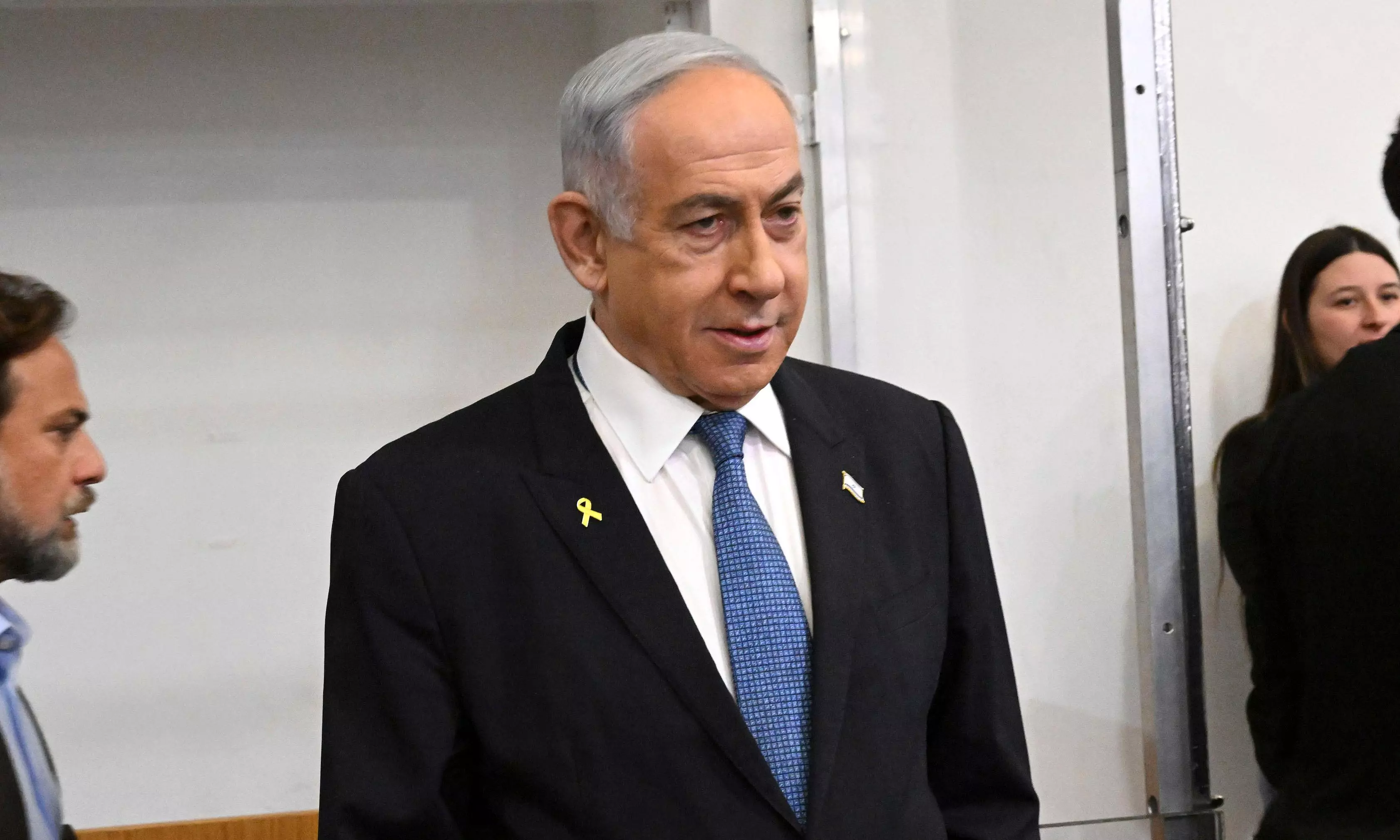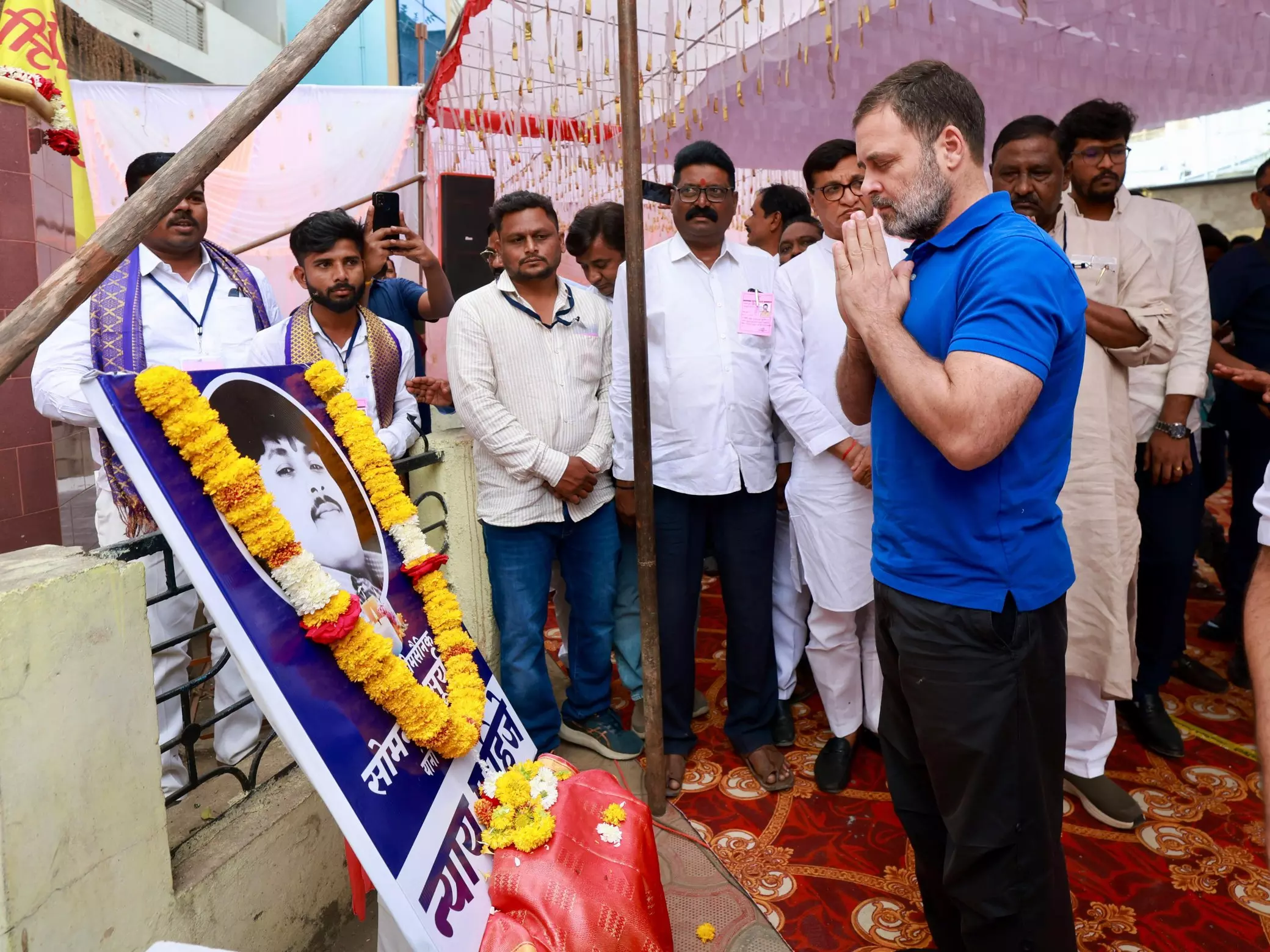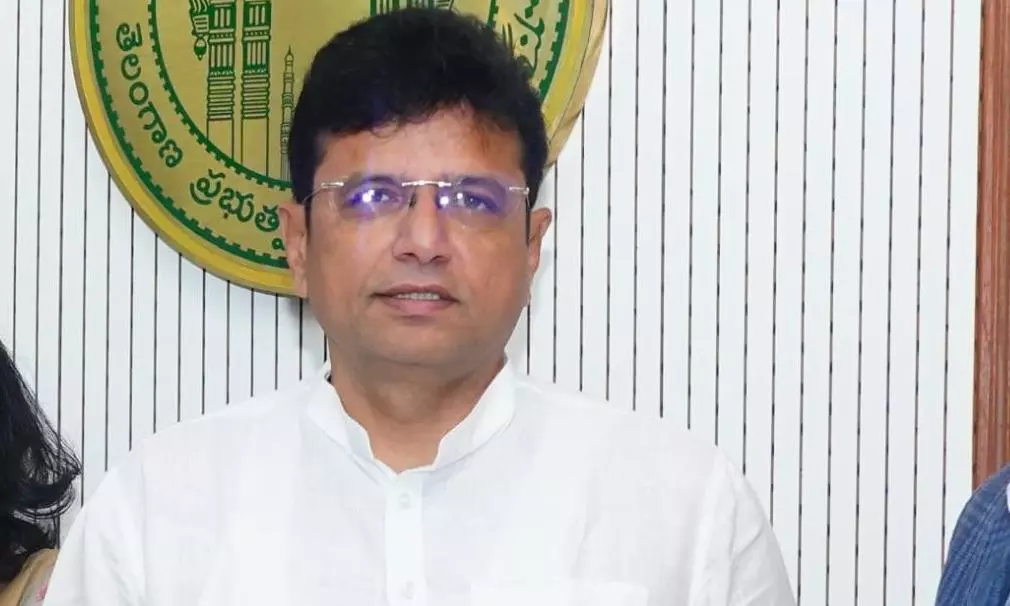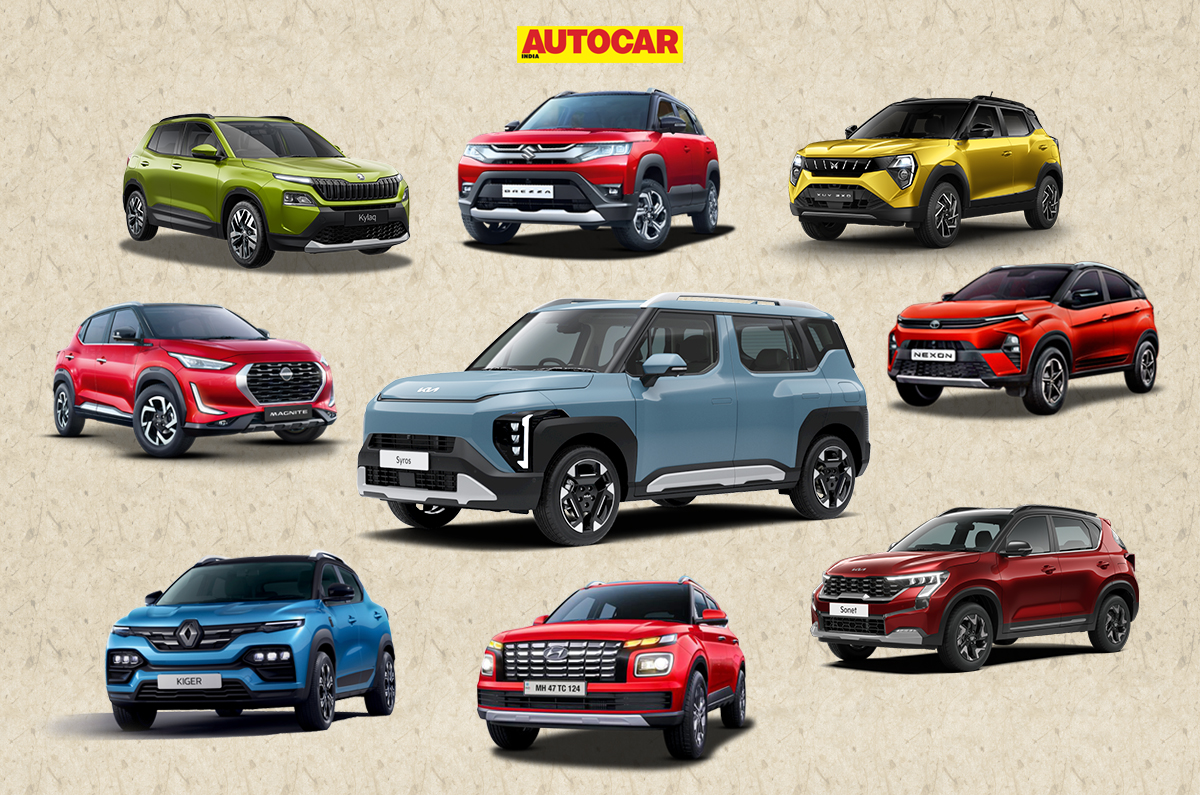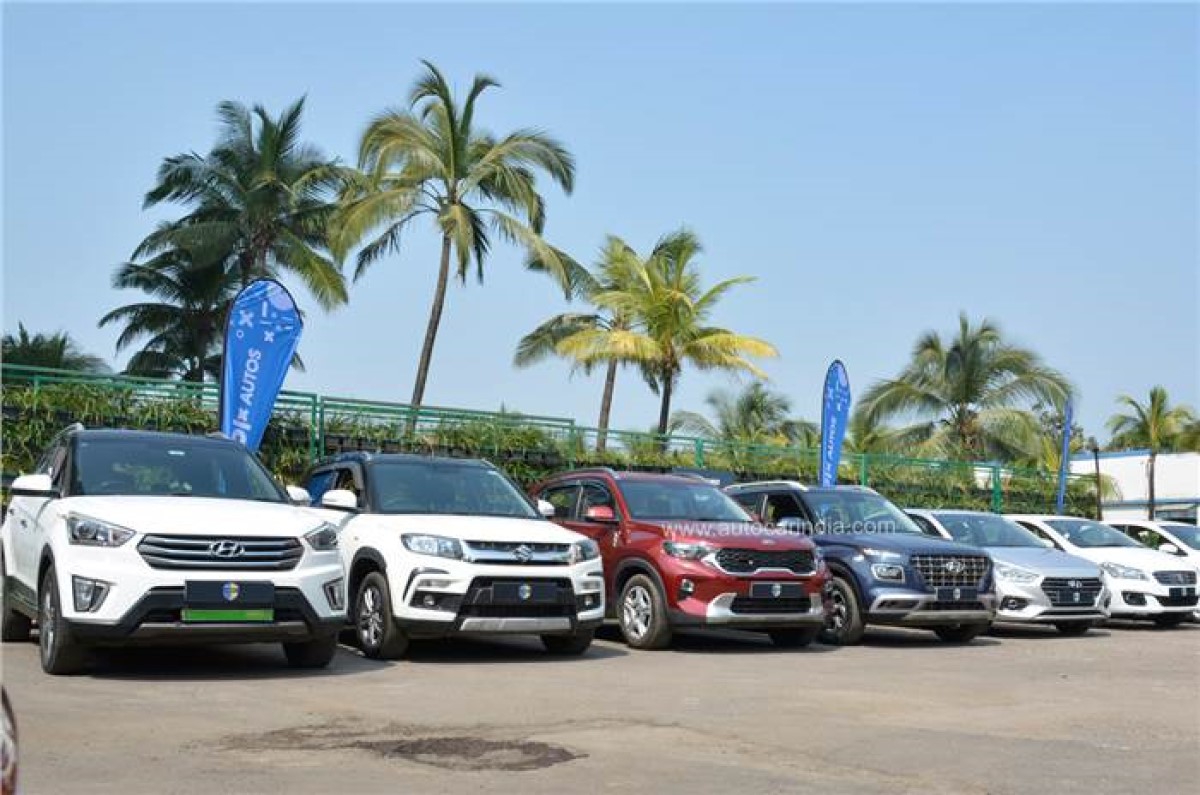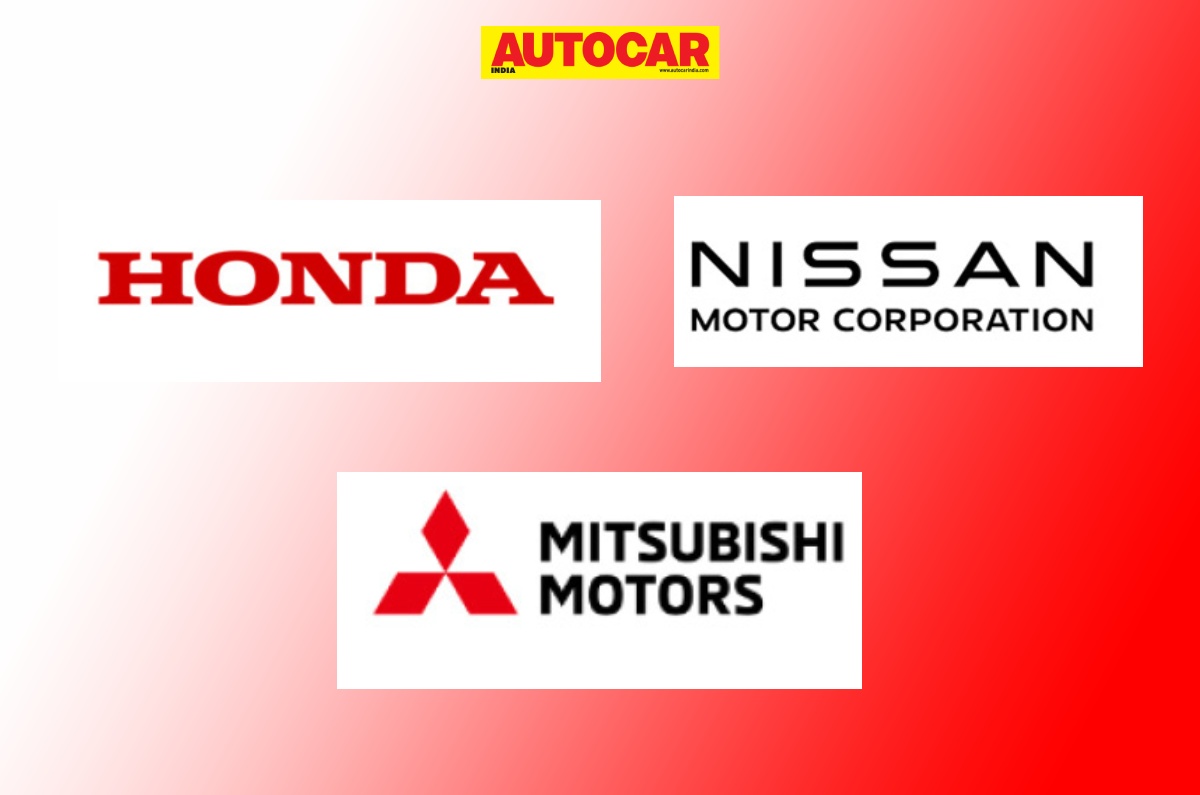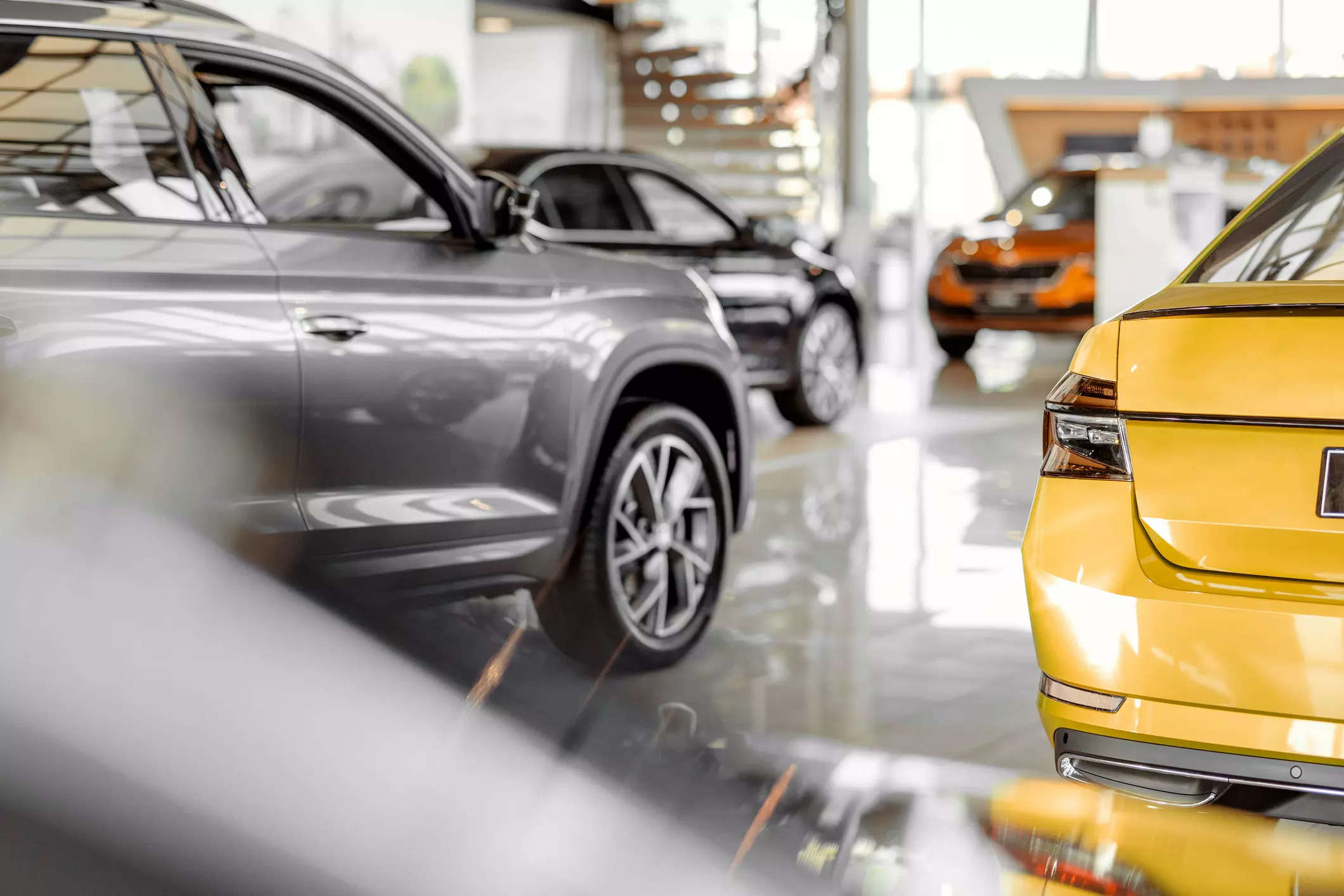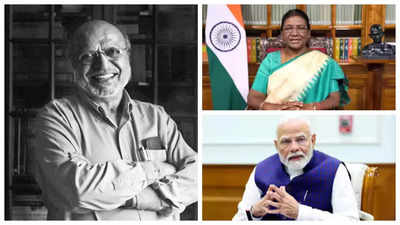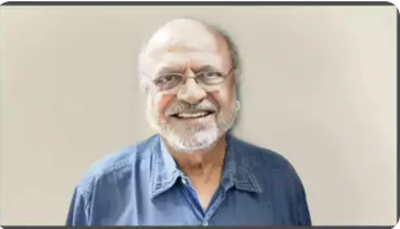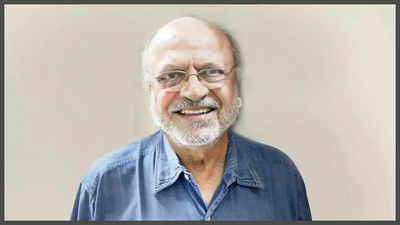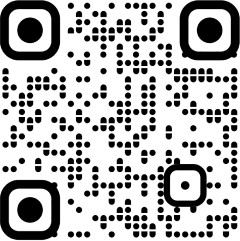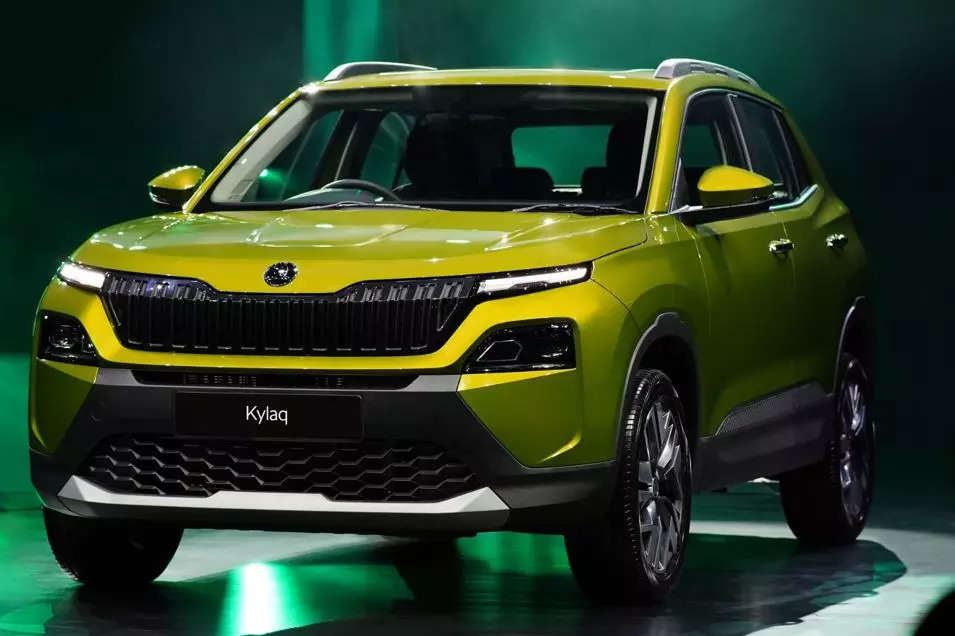 Under its global strategy to increase presence outside of Europe, Škoda Auto says India is of the highest strategic importance.
Under its global strategy to increase presence outside of Europe, Škoda Auto says India is of the highest strategic importance.A BEV is “the most efficient car for the future”, says Jiri Dytrych, Škoda Auto’s Head of Product Management, but the “only one question” is when will it gain the “right share” in the industry. Based on the current scenario, Dytrych, who’s also responsible for Škoda Auto’s ICE programmes, sees the combustion engine being the mainstay technology for the mid-term of 10 years or so.
So, will Škoda Auto invest in developing any new ICE platform, or maybe for a modified version of an existing ICE platform? “We are discussing many topics. The probable way is not decided yet, because we are looking at the ICE technology, at the bridge technology, and at the BEV segment,” Dytrych tells ETAuto.
Before BEVs become the mainstay technology in the passenger vehicle industry, a bridge technology of strong hybrid will be leveraged by Škoda Auto. It plans to play in both the strong hybrid, and BEV segments in India. It will develop a BEV mainly for the Indian market, as its current BEV options of Enyaq and Elroq would be little too premium for customers to buy in big numbers here.
Building India base as a global hub for engines too
During the period ICE technology continues to rule roost Škoda Auto plans to tap its India base better as an global hub for engines too. Its 1.0L TSI engine has undergone “deep localisation” also with that objective. Dytrych says that in addition to using the India plant for the Indian market, “we are looking somehow to use the Indian production like a production hub for the global regions in the world. And based on that, for sure, to use not only the cars, but the engines (too).”
Škoda Auto Volkswagen India’s first major CKD (Completely Knocked Down) export programme for models based on the MQB-A0-IN platform, like Kushaq and Slavia,will begin by February next year when it will start shipping the kits to Vietnam for final assemble there. Kazakhstan is set to be the next country for a similar arrangement.
But, for now, Škoda Auto’s focus in India is fully on ensuring the success of its first compact SUVthe Kylaq. Priced aggressively at INR 7.89 lakh for the base variant, the Czech carmaker hopes to ramp up its marginal market share in the highly competitive Indian market. It’s ramping up the market touchpoints from the current 260, to 250 by next year. WIth the Kylaq, its addressable market will grow from 27%, to 60%.
Under its global strategy to increase presence outside of Europe, Škoda Auto says India is of the highest strategic importance. A major reason is India’s twin offerings of a big domestic market, and the competitive manufacturing base. Another is the global geopolitical challenges.

